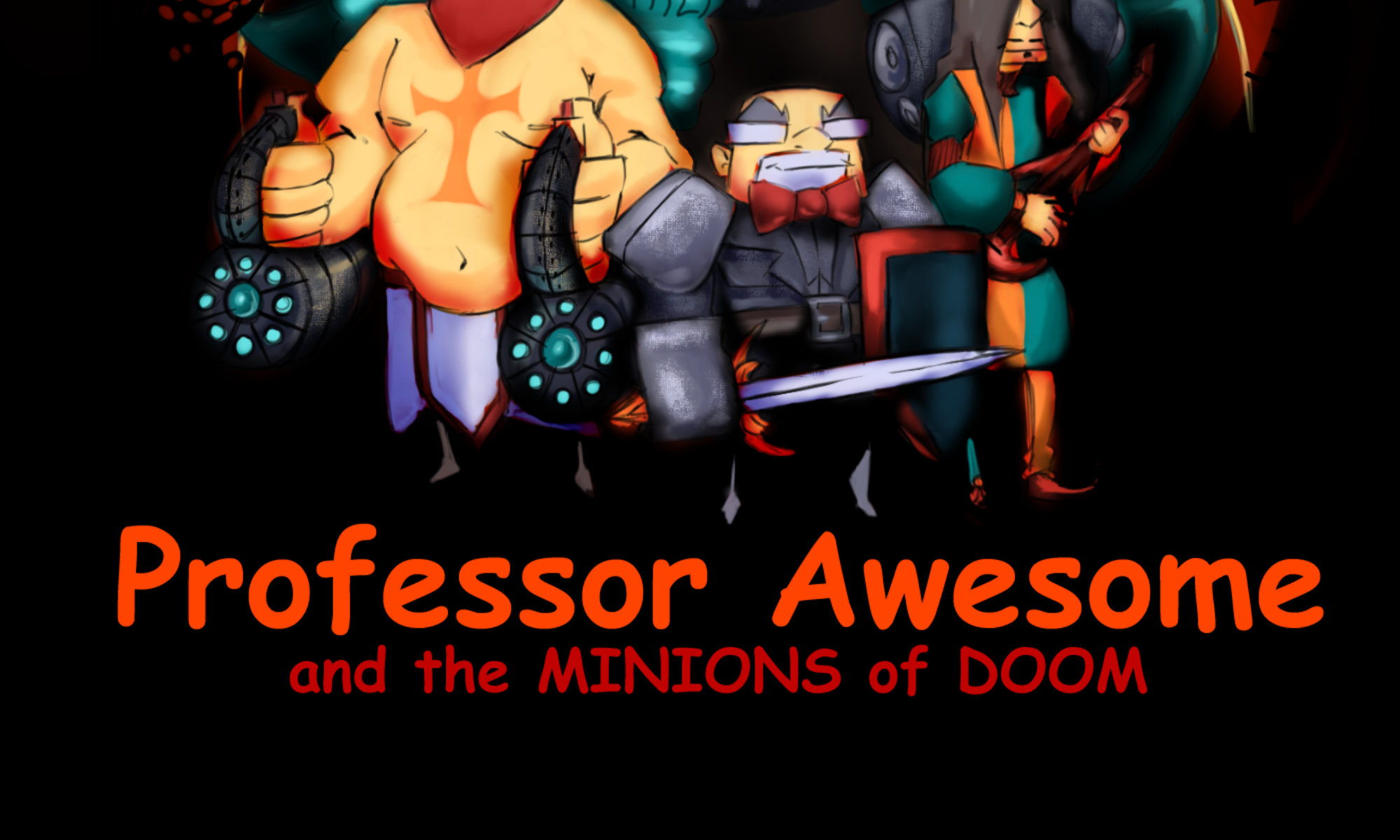Unboxing and reviewing the AHD dictionary of Indo-European Roots.
Paganism, Christianity, and the Date of Beowulf
Does the Canon Still Matter?
Recently I was having a conversation with a student who wondered why we still have a canon. For those who aren’t familiar with the term, the “Canon” is what we call that collection of great literary works that are considered important, the type of thing that people should know.
In the late 20th century, particularly the 1980s, the academic world had a conflict often called the “Canon Wars,” essentially a debate over what gets included in the canon. It was during this time that we began to see more writings by women and minorities included in the Canon, and the phrase “Dead White Men” became an epithet. And although some of those dead white men got pushed out (I can’t recall the last time I saw Pilgrim’s Progress on a syllabus), and anthology offerings got more diverse in 1980’s-style diversity (with Pushkin ceasing to be Russian, and becoming Afro-Russian), the Canon mostly remained the same.
Partly the end of the Canon Wars was tacit recognition of demographics; literacy was historically the domain of those maligned dead white men in the West, so unsurprisingly they wrote most of what is worth reading (as well as most of what is not worth reading). In large part, though, the Canon Wars ended simply over exhaustion. Everyone was tired of talking about how contingent literary value is, and was ready to move on. Some people on both sides claimed victory, others on both sides declared the end of civilization, and the conversation moved to Cultural Marxism.
So why bring up the Canon again? My student seemed confused by the whole issue. She is young enough that the Canon Wars were over by the time she was born, and there has always been an internet. “Why do we have anthologies?” she wondered. “We can just look up any text we want any time we want online, right?”
I think the Canon matters for two reasons. The first is simply that not everything is available online (yet), and we should not be too confident in the permanence of online resources. Some things that were literally carved in stone are missing, and even when we have a complete text, we often can’t read it because the language is completely dead. Even being famous and widespread is not enough; Aristotle’s Treatise on Comedy is gone forever, despite the fact that it was written by freakin’ Aristotle and there were presumably a bazillion copies. We know it existed at one time, but we don’t know what it said.
For those who are convinced by that electronic resources will never die (ah, the arrogance of youth!), there is the second reason: You will die. You are mortal. You can’t read everything, so you have to choose what to read.
Consider this in the age of Netflix: When I was a child, we had three channels. We might have to choose between watching Hee Haw, The Lawrence Welk Show, and some game show. It was either that, playing outside, or Legos. Your choices were made for you.
Today, I might go weeks watching only documentaries, or independent films, or every episode of Fringe, but I can’t watch everything that’s offered to me. I can’t even watch 1% of what’s available to me. I have to make choices, and worse, I often have to make uninformed choices. Do I listen to the din of a dedicated fandom? Or perhaps let the AI choose for me?
Perhaps, in the age of the internet, the Canon has become even more important. It is the Rotten Tomatoes of books. Goodreads tells us what our friends are reading, but the canon tells us what people have been reading for decades, centuries, or even millennia. If I want to start reading Shakespeare, I could start in alphabetical order with All’s Well That Ends Well, or chronologically with A Comedy of Errors, but unless I’ve committed to binge-read all of Shakespeare, why not read the canonical greats, like Hamlet, King Lear, Othello, Midsummer Night’s Dream, or Henry IV, Part II? Sure, I might eventually get around to reading Titus Andronicus and Coriolanus (a personal favorite), but life is brief, so why not move on to writings by other authors? You can read Pride and Prejudice but skip Northanger Abbey, read Paradise Lost but skip Paradise Regained, read Fences but skip the rest of the Pittsburgh Cycle — or you can fall in love with an author and read deep into them.
For this generation, then, the Canon may no longer be “The Great Works As Handed Down From On High,” but rather “The Best Stuff, Not Just What’s Popular Today.” It’s the best thing ever to happen to binge readers. And, with the advent of social media, the binge reader joins in the project of Canon formation. The Canon wasn’t really democratized by the efforts of academics like me; it is being democratized by the unhindered love of readers.



